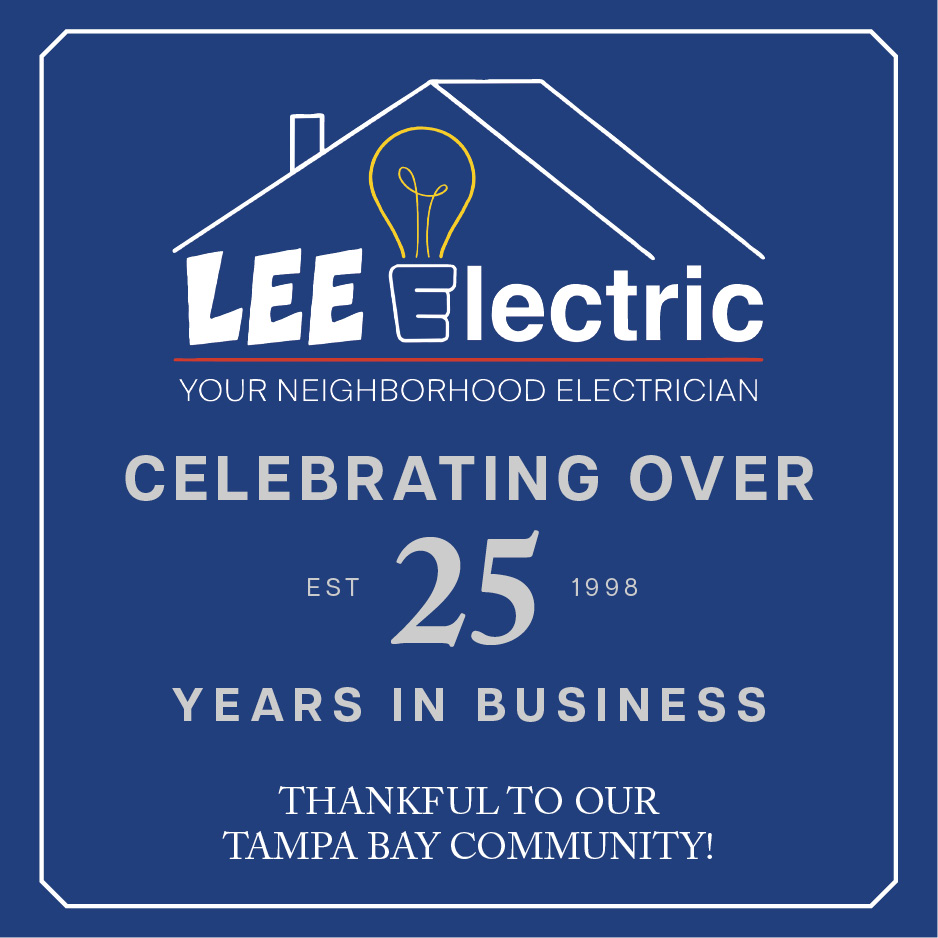The Aug. 8 VM meeting began with an update from the RFP Committee. Committee Chair John Mogge shared a PowerPoint presentation outlining 16 tasks to be completed, starting with basic organizational processes and ending with a new HOA property management contract in place.
The committee meets every two weeks, and Mogge stressed that the meetings are open to the public and all of their documents are published on a Google drive that is accessible by contacting Debbie Sainz at the WCA office. Sainz said she would add them to the WCA’s website under the “Committees” tab. Meeting dates are on the website’s calendar.
The committee had determined that there’s a great deal of market interest, explained Mogge, which will hopefully translate into leverage in terms of getting more value for the community’s resident assessment fees. He stressed that the committee wants feedback from the VMs and neighborhood residents.
A VM asked Mogge when, and in what format, residents would receive solicitation for feedback, noting that the presentation’s timeline showed that that step was scheduled for July. Mogge said he was uncertain, and that the committee was slightly behind schedule.
WCA Treasurer Dale Sells then provided a brief opening statement for the budget workshop. He explained that projected expenses have increased by about 14.5% overall, with increases in legal fees, staff at the swim and tennis facilities, and utilities account for the majority of that.
“From a cash standpoint, we don’t have a problem,” continued Sells. “This association has been very financially stable and we have excess funds.”
He pointed out that there are about $346,000 of uninsured assets at the West Park Village Pool right now. When the crack in the pool was discovered, the WCA submitted an insurance claim, which was denied, and the insurance company then chose not to renew the association’s property insurance policy. Sells added that the general liability policy is still in place, and that he was confident the property insurance would be reinstated after the WCA completed the necessary pool repairs.
Sainz then took the floor to go through the budget line by line. She began her presentation with the income portion of the budget, which included USTA nonresident fees, summer camp income, facility room and pool rentals, and Variance Committee income, among other things.
Moving on to expenses, Sainz explained how she calculated the various estimates, based upon numbers from last year and/or the first half of 2023. When she arrived at the line items for insurance, WCA Board Member Eric Holt asked how frequently the association shops for insurance. There is an agent that does all the shopping from a variety of insurers and selects the best quote, Sainz explained.
A voting member asked Sainz about payroll taxes for the employees of the swim and tennis centers, and how the WCA’s portion of those taxes was calculated. The VM was concerned the calculation had not been done properly, and Sainz said she would investigate and resolve the matter before the budget was brought before the board.
Sainz said that based on the draft of the 2024 budget as presented, the annual resident assessment would be $379.
WCA President Shawn Yesner brought up the issue of the association’s reserves and said that the board looks at the list of related assets every year. He explained that every item on the list has an estimated useful life, but if an asset reaches the end of that estimated life and doesn’t actually need to be replaced, there’s no reason to spend the money replacing it.
“Never as a board have we reviewed these things,” said Holt. “It’s a false narrative to say if we delay spending on these things, we’re saving money. We’re not having the discussion. We’ve got a lot of work to do in that area.”
Yesner responded by saying that Holt had never requested such a review, and that if he had, it would have been put on the board’s agenda. After further discussion, Yesner and Holt agreed to revisit the conversation at the next board meeting.
Castleford VM Mary Banks suggested that the capital contribution fee, which is the amount that a new homeowner pays when they purchase a home in Westchase, be increased. She said that she had been looking to purchase property in other comparable neighborhoods, and their capital contributions were in the $2,000 to $3,000 range. The current capital contribution in Westchase is equivalent to the annual HOA assessment, so would typically be between $300 and $400.
Several VMs chimed in to agree with Banks, and Sainz clarified that such a change could be made by the board without updating any CCRs. Yesner said he would put the matter on the agenda at the upcoming August board meeting.
Yesner then stated that the board had called a special VMs meeting for September 26 to discuss changes to the INSGs and guidelines. He asked how many VMs would potentially be available to attend, and a majority raised their hands.
Yesner closed by recommending VMs encourage residents to sign up for neighorhood-specific notifications on the WCA homepage to help ease the burden of communication that currently falls upon the VMs.




